Setup Composite Skill Lab in CBSE School
Equip your students with practical skills and engage them in real-world task and projects with our composite skill lab state-of-art-equipment, hands-on training, and skill-based education
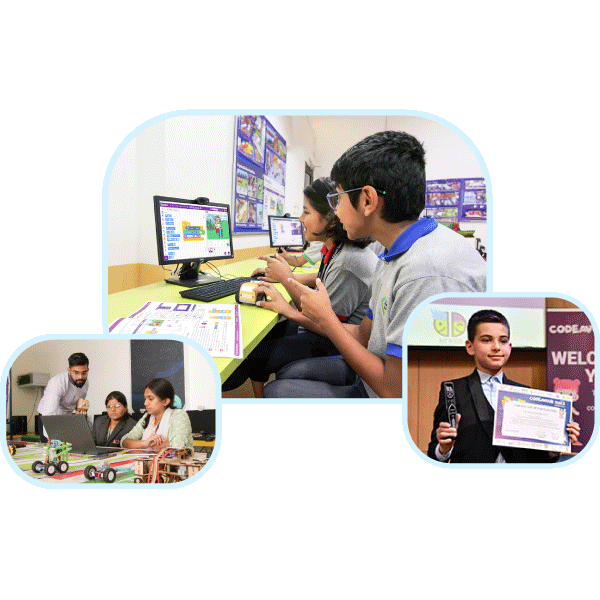
Equip your students with practical skills and engage them in real-world task and projects with our composite skill lab state-of-art-equipment, hands-on training, and skill-based education

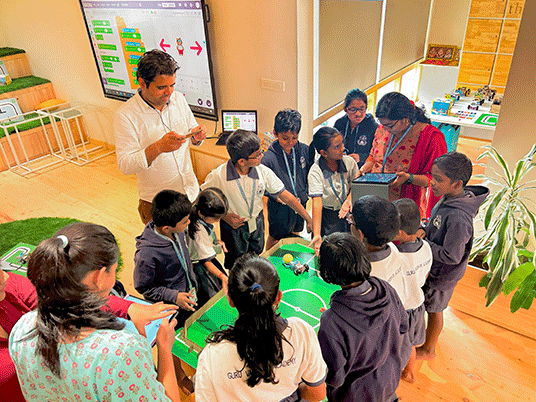
A Composite Skill Lab is a specialized facility designed to provide students with hands-on, practical training in various skill-based disciplines. These labs aim to bridge the gap between theoretical knowledge and real-world application by offering experiential learning opportunities.
The concept is part of an initiative by educational boards, such as the Central Board of Secondary Education (CBSE) in India, to enhance skill development in schools. Composite Skill Labs often include a range of setups, such as Al Skill Labs, Electronics Skill Labs, and Al & Robotics Skill Labs, enabling students to explore and gain expertise in cutting-edge fields.
By focusing on practical learning, these labs prepare students for diverse career opportunities, foster critical 21st-century skills, and align with broader educational frameworks like the National Education Policy (NEP) 2020, which emphasizes integrating skill-based education with traditional academics.
Our Composite Labs are designed to foster creativity, innovation, and practical learning, offering diverse skill-building opportunities for students. From AI and Robotics to Art and Media, Financial Literacy, and Automobile Engineering, we provide cutting-edge tools and technologies to equip kids with essential 21st-century skills for a brighter future.
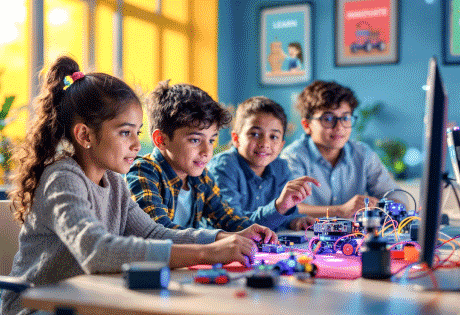
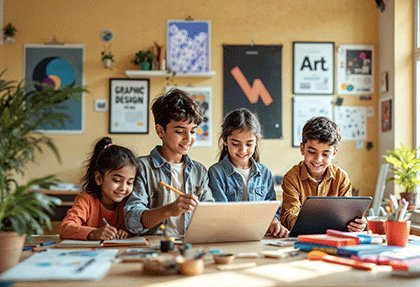
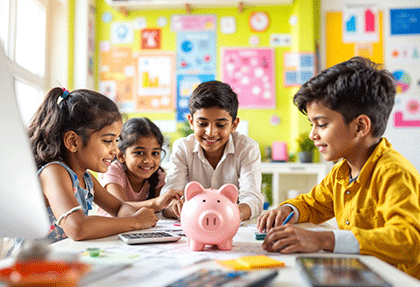
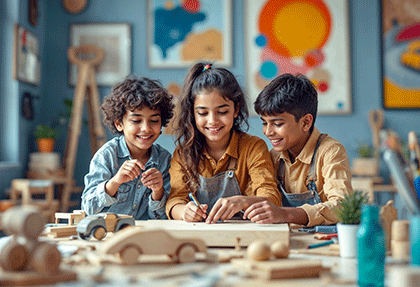
Elevate education with the Composite Skill Lab – bridging technology and experiential learning to empower students and teachers with essential skills for the 21st century!
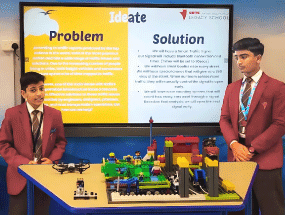
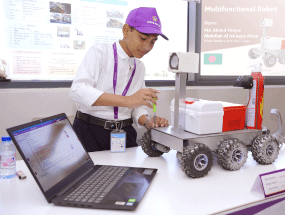
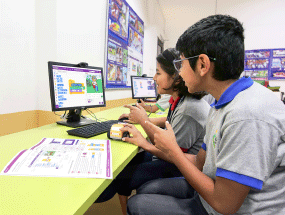
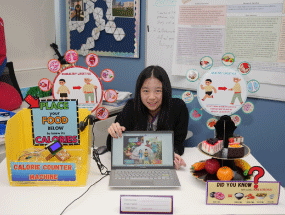
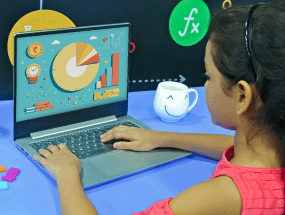
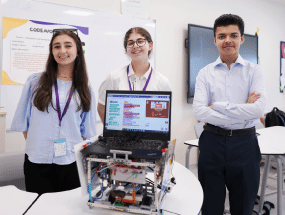
The Composite Skill Lab for schools provides a complete, future-focused solution, integrating DIY robotics kits, coding software, a grade-specific certified curriculum aligned with CBSE skill subjects, teaching resources, and a robust learning management system. It empowers students with practical, hands-on skills, preparing them to thrive in the future!
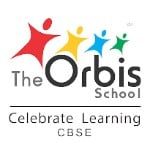



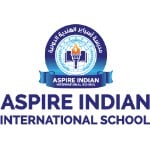


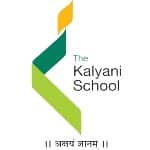
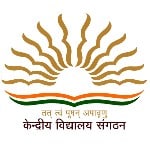
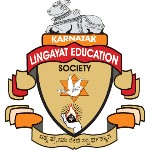

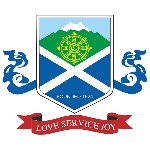
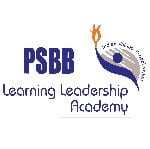
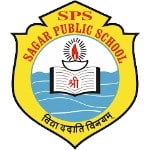




Step into an interactive learning journey with our Composite Skill Lab for School aimed at providing students with practical and real-world skills that is closely aligned with industry requirements. The lab is designed with hardware kits, coding software, practical activity books, teacher training program and learning management system.
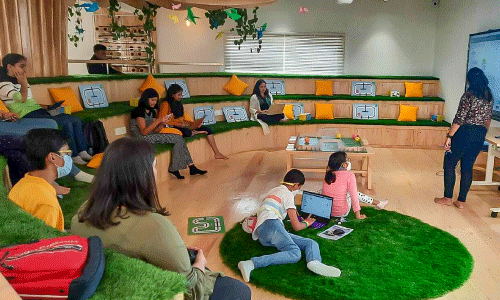
The first step in setting up a Composite Skill Lab is selecting a flexible, modular space covering 600 square feet for students from classes 6 to 12 or set up two separate labs, each measuring 400 square feet—one designated for classes 6 to 10 and the other for classes 11 and 12 that supports diverse activities. It should include workstations for group and individual projects, storage for materials, interactive screens or whiteboards for presentations, and collaborative spaces.
Technology is integral to a Composite Skill Lab, enabling students to engage with modern tools and foster innovation. Essential technologies include computers with coding software, robotics kits for hands-on programming, 3D printers for prototyping, AR/VR tools for immersive learning, design tools like Adobe Creative Suite, CorelDRAW for creativity and online collaboration platforms for efficient project management and teamwork.
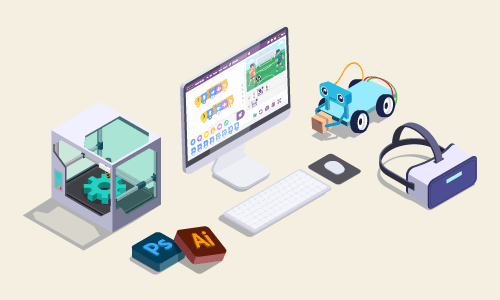
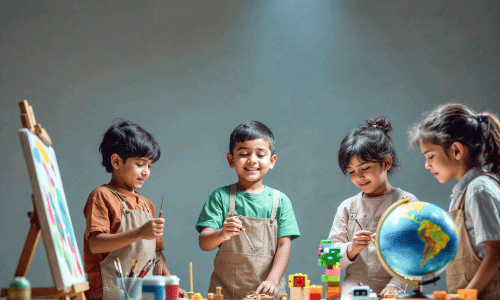
Equipping the Composite Skill Lab with appropriate tools is essential for hands-on learning. Resources should align with the skills being taught, such as art supplies for creativity, scientific instruments for experiments, math manipulatives for conceptual exploration, geography tools for spatial learning, and engineering kits for building structures and mechanisms.
The curriculum for a Composite Skill Lab should be interdisciplinary and project-based, fostering collaboration and practical learning. Key themes can include STEM projects like renewable energy models or microcontroller programming, social science activities like urban planning or disaster simulations, arts for creativity, and entrepreneurship tasks like business planning.
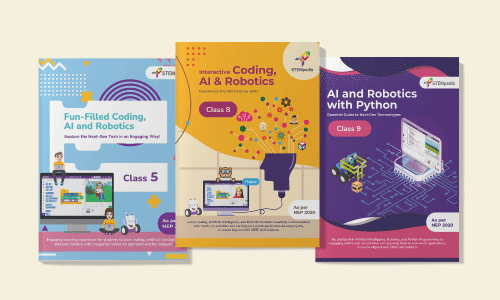
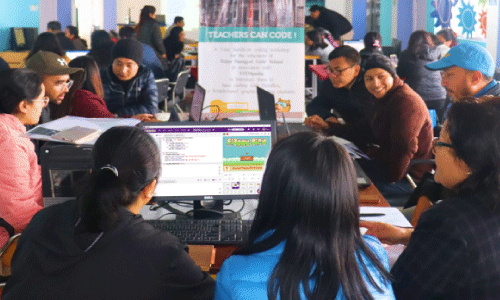
For delivering the latest tech education like Al-ML, coding, AR-VR and robotics to students, we conduct teacher upskilling sessions to train teachers in interdisciplinary methods. We also provide project-based assessments where students showcase their work and articulate their learning process, along with peer reviews to foster collaboration and critical thinking.
With the hands-on approach to Al, Coding, Robotics, and STEM, we cultivate a generation of innovators by providing the 21st-century skills to unleash the true potential of young minds.
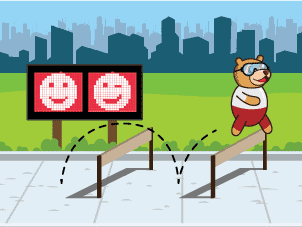

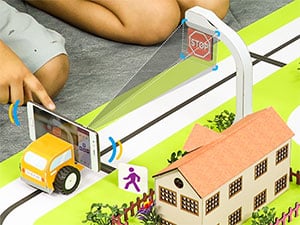
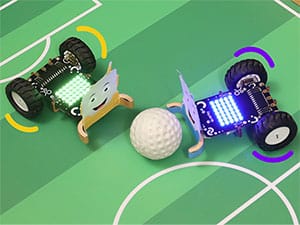
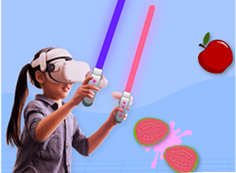
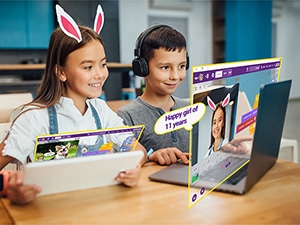
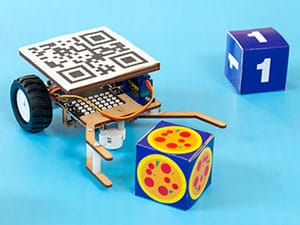
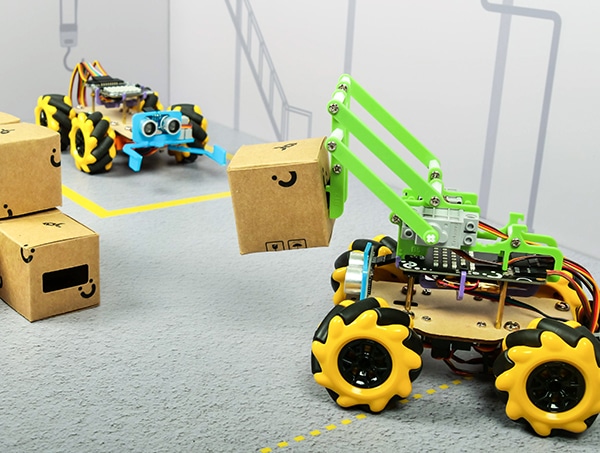
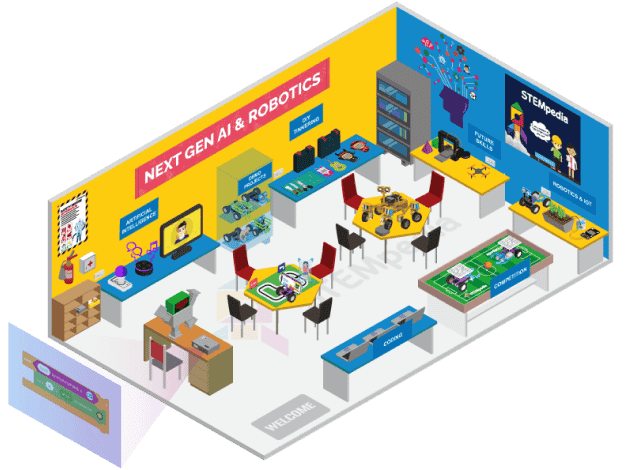
As per the latest CBSE guidelines:
For New Affiliations: Schools seeking fresh affiliation with CBSE are required to establish a fully equipped Composite Skill Lab. This is a mandatory prerequisite.
For Existing Affiliations: Schools already affiliated with CBSE must set up a Composite Skill Lab within three years to align with the new requirements.
Schools have the flexibility to either create a single Composite Skill Lab covering 600 square feet for students from classes 6 to 12 or set up two separate labs, each measuring 400 square feet—one designated for classes 6 to 10 and the other for classes 11 and 12.
Financial Implication: In government public schools, CBSE and state governments establish these labs using funds and grants from central/state funds, World Bank project funds, social impact funds, and similar resources.
Private Schools can also seek funding independently through government schemes, CSR initiatives, and public-private partnerships.
For more information and queries related to funding of composite skill lab, CONTACT US!
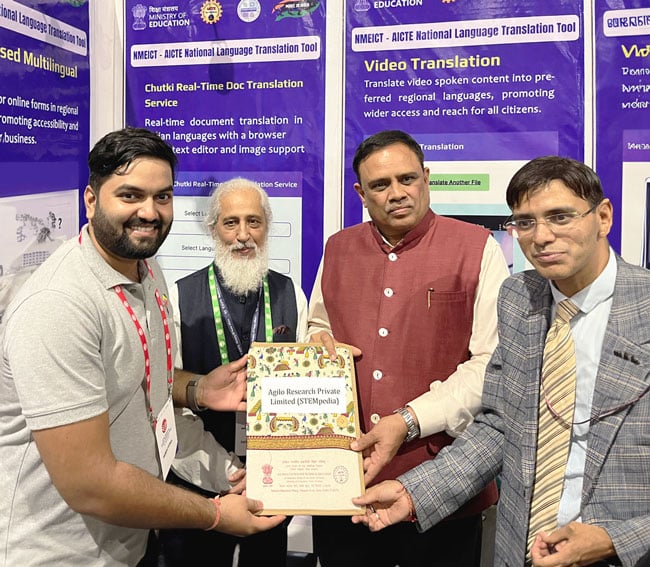
STEMpedia’s has signed a MoU with AICTE to provide state-of-art Robotics Lab to schools all over India through the NEAT Portal of AICTE, under the Ministry of Education, Government of India.
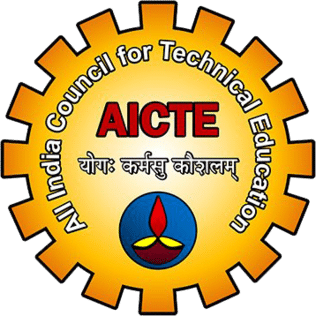
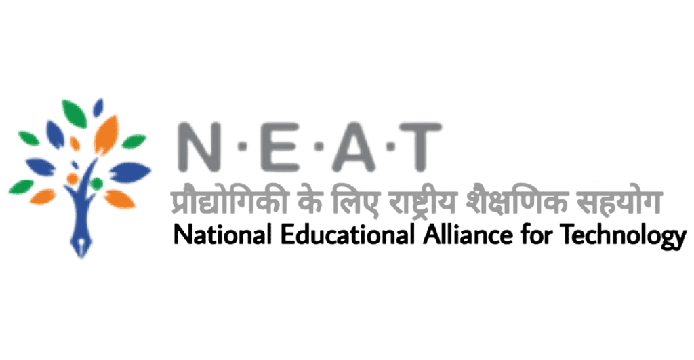
CBSE Circular No. Skill-75/2024 mandates all affiliated schools to set up a Composite Skill Lab with essential equipment, aligning with NEP and NCF-SE guidelines to enhance skill-based learning. The Board offers 22 skill subjects for Class 10 and 43 for Class 12, with Informational Technology and Artificial Intelligence being the top choice, followed by Physical Activity Trainer, Tourism, and Beauty & Wellness among the students.
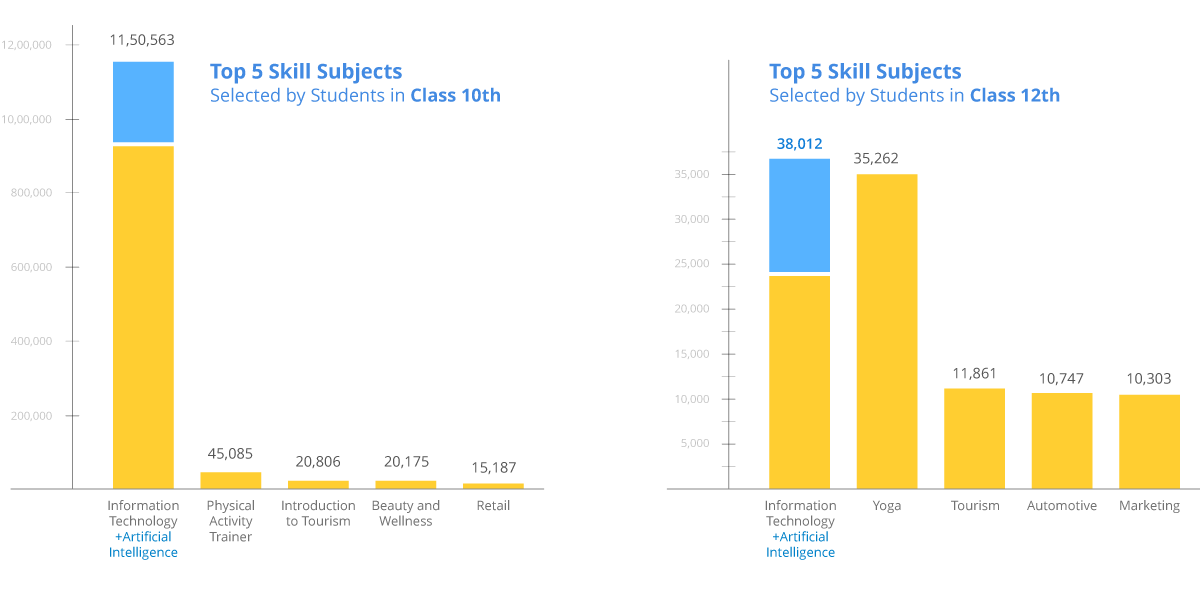
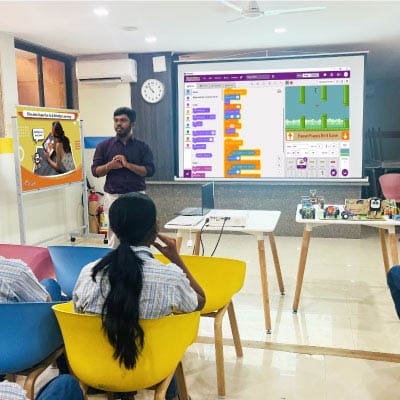
STEMpedia’s master trainer explaining about the importance of learning AI, Coding, and Robotics to students and conducted an activity with PictoBlox.
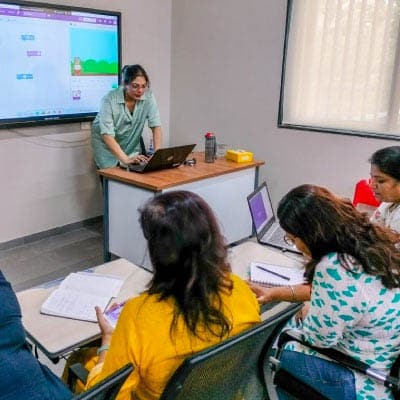
At Sagar Public School, educators embark on a transformative Teachers Development Program, supported by STEMpedia's expert trainers, they gain valuable insights into AI, coding, and robotics.
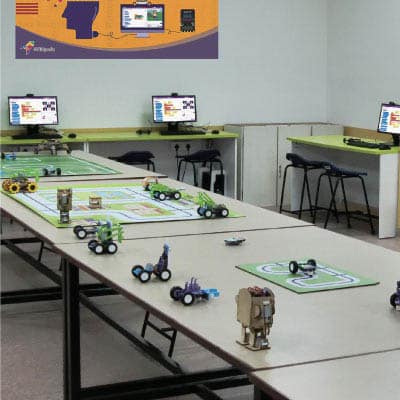
AI and Robotics Lab Set up at Arise International School, Pune which provided opportunity to students to explore the exciting world of AI, Coding and Robotics.
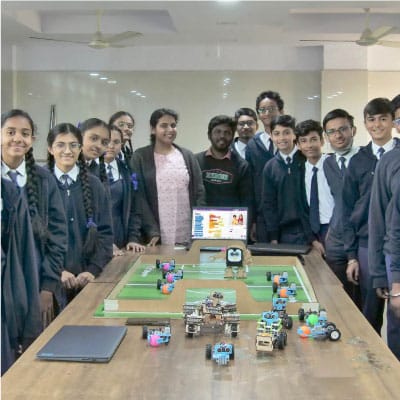
A 2 days Innovation Festival was conducted at Best High School, Ahmedabad where STEMpedia’s expert trainers conducted a workshop on AI, Coding, and Robotics.
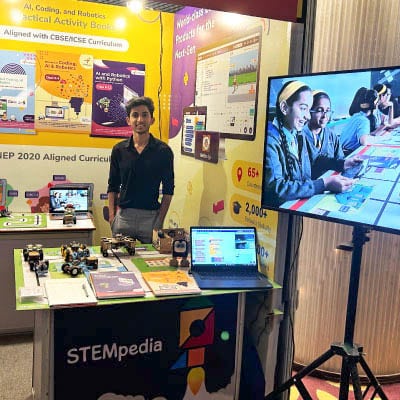
STEMpedia won Dynamic use of AI in Education Award at 16th Education Summit held in Hyderabad.
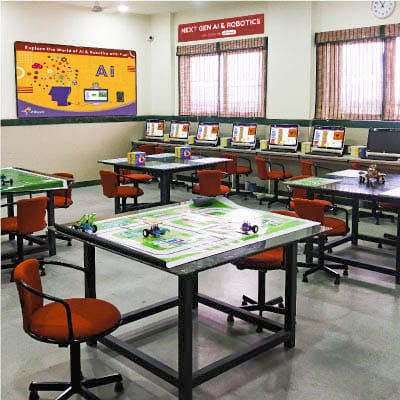
AI and Robotics Lab Set up at Kalyani International School, Pune which empowers students to delve into the exciting world of AI, Coding and Robotics.
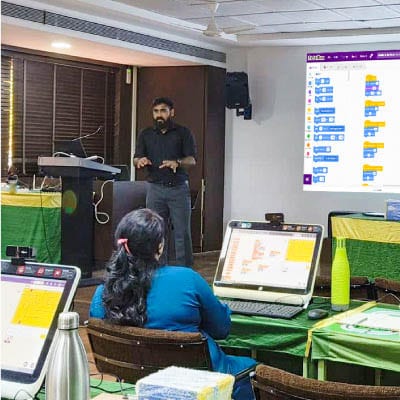
Empowering educators at Shishukunj International School, STEMpedia's master trainers deliver a transformative Teachers Development Program, nurturing their expertise in AI, coding, and robotics.
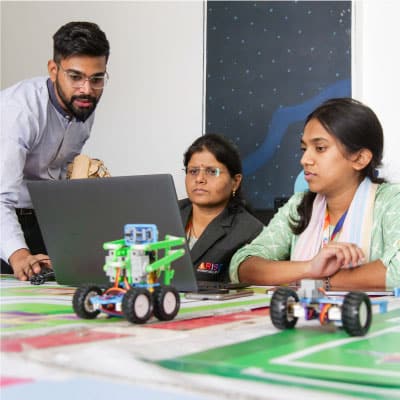
Educators from Arise International, Pune were trained in AI, Coding, and Robotics for the efficient functioning of AI and Robotics Lab.
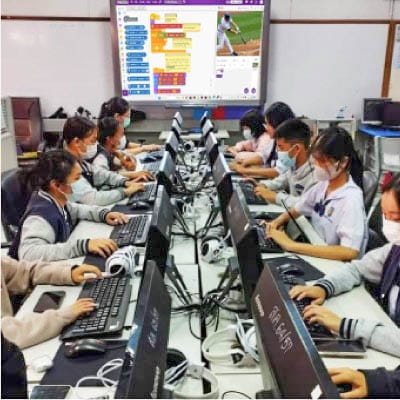
Students were trained in AI and Coding to empower them for the digital age and unlock their potential to shape the future with technology.
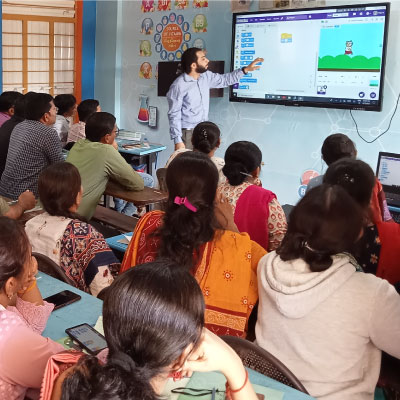
Ahmedabad Municipal Corporation takes a leap forward in education with a comprehensive Teachers Development Program. Led by experts in AI, coding, and robotics.
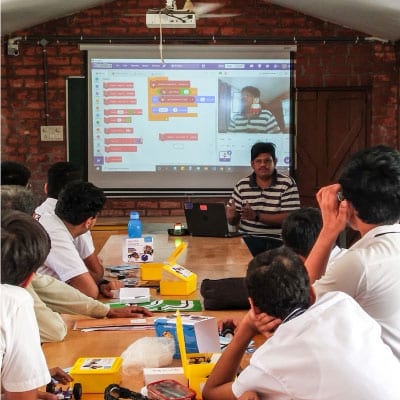
AI and Robotics Workshop at Sheth CN Vidyalaya, where curious minds delve into the realm of artificial intelligence and robotics and explore its limitless potential.
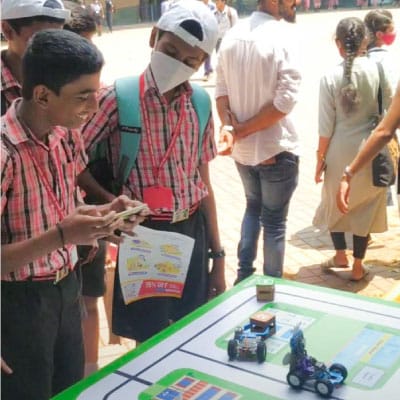
Students at the Sci-Fi Workshop in Goa immerse themselves in the fascinating world of robotics, honing their skills and unleashing their creativity through hands-on training.
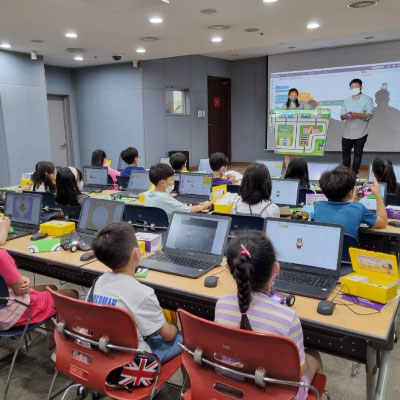
The teacher conducting the AI and Robotics classes with students using PictoBlox and Quarky in South Korea.
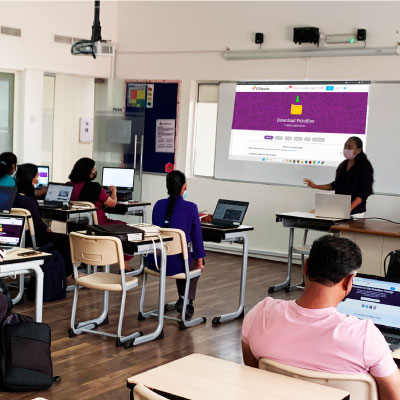
Physical Teacher Development Program conducted by STEMpedia's Partners in the UAE, empowering teachers.
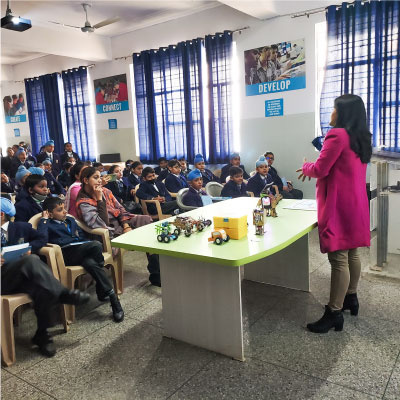
At GHPS Delhi, students dive into the captivating realm of AI and robotics at an engaging workshop, exploring innovative concepts and building their skills through hands-on activities
Are you ready to experience the power of AI and Robotics? Request a free demo of our AI and Robotics ecosystem today!
Discover the power of the STEMpedia ecosystem – a revolutionary Coding, AI, and Robotics solution for schools! Our educational specialists are here to show you how to harness the potential of this cutting–edge technology.
In as little as one hour, we can assign the right resources to your specific educational requirements and help unlock the countless possibilities STEMpedia provides.
Contact us for a free demonstration tailored to fit your school‘s schedule. Act now and let STEMpedia revolutionize the way you learn.
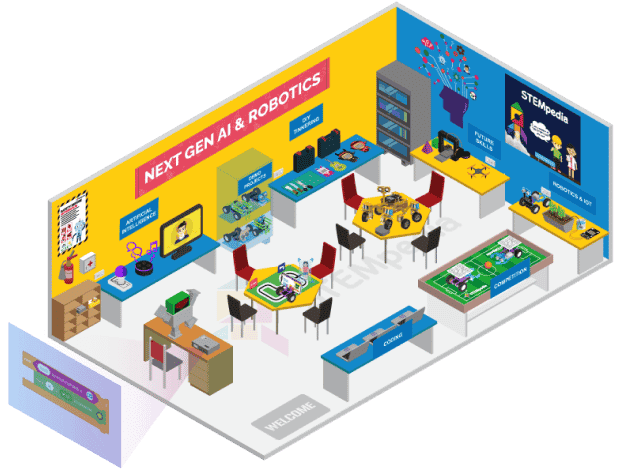


















A Composite Skill Lab is an interactive, multidisciplinary learning space in schools where students gain hands-on experience in various skills such as STEM, Robotics, IoT, Coding, AI, 3D Printing, Arts, Design, Media, Woodworking, Automobile, Entrepreneurship, and Financial Literacy. It bridges the gap between theoretical knowledge and practical application, preparing students for real-world challenges and future careers.
The lab aligns with the National Education Policy (NEP) 2020 and the National Curriculum Framework for School Education (NCF-SE), which emphasize the integration of skill education alongside academic subjects. It aims to bridge the gap between theory and practice, preparing students with industry-relevant skills.
They provide students with practical, application-based learning experiences.
They prepare students for emerging career opportunities in technology, arts, and entrepreneurship.
They foster creativity, critical thinking, and problem-solving skills.
New Schools: Schools seeking fresh CBSE affiliation must establish the lab as mandatory.
Existing Schools: CBSE-affiliated schools must set up the lab within three years of the circular’s issue date.
Lab Size:
One lab of 600 sq. ft. for classes 6-12.
Or two separate labs of 400 sq. ft. each for classes 6-10 and 11-12.
Teacher Training: Comprehensive training for teachers to teach technical skills and interdisciplinary methods.
Space Design: Versatile space with movable furniture for flexibility.
Space Distribution: Distinct zones for specific tasks (e.g., wet areas for experiments, dry areas for electronics).
Maintenance: Regular updates and maintenance of tools and equipment.
Basic Infrastructure: Power outlets, stable internet, reliable water supply, and proper ventilation.
Tools and Equipment: Robotics kits, 3D printers, computers with pre-installed software, microscopes, etc.
Smart Classroom Features: Interactive smart boards, projectors, and screens.
Storage: Lockable cabinets, shelves, and storage bins.
Safety Equipment: Fire extinguishers, first aid kits, protective gear, and safety instruction posters.
Schools can establish:
One Lab: A single 600 sq. ft. lab for classes VI-XII.
Two Labs: Two separate 400 sq. ft. labs, one for classes VI–X and another for classes XI–XII.
New schools: The lab must be ready before obtaining CBSE affiliation.
Existing schools: The lab must be set up within three years from the date of this circular (August 23, 2024).
Teachers will have access to structured resources and materials for effective teaching.
Schools can offer a broader range of skill subjects, providing students with more choices, resulting in developing 21st-century skills among students.
Additional details, including the required materials and setup instructions, will be available in the curriculum guidelines published on the CBSE website.
Such schools are encouraged to expand their offerings by introducing more skill subjects to provide students with additional choices.
Compliance with this directive is mandatory for both new and existing CBSE-affiliated schools. Non-compliance may affect affiliation status.
Provides hands-on, real-world learning experiences.
Translates abstract concepts into tangible skills.
Prepares students for future careers in emerging fields.
Encourages creativity, innovation, and problem-solving.
Aligns with industry needs and fosters entrepreneurial skills.
No Additional Budget Required: Schools can use existing resources.
External Funding: Explore CSR initiatives, government programs, or public-private partnerships.
Government Schools: CBSE has established labs using resources and funding from World Bank projects.
STEMpedia specializes in setting up AI, Coding, and Robotics labs and has established over 500 labs, including 40 Agile ATLs in CBSE-affiliated government schools. They offer:
Top-of-the-line Tools: Industry-standard equipment for hands-on training.
Lab Layout and Configuration: Customized layouts tailored to school needs.
Curriculum Alignment: Structured CBSE curriculum aligned with NEP 2020 and NCF 2023.
Contact organizations like STEMpedia for end-to-end support.
Plan the lab layout, infrastructure, and equipment based on school needs.
Train teachers and align the curriculum with CBSE, NEP 2020, and NCF-SE guidelines.
The key focus areas include:
Future Tech: Robotics, Coding, 3D Printing, Electronics, Electrical Work.
Arts, Design, and Media: Graphic Design, Music Production, etc.
Woodworking and Automobile: Carpentry and other practical skills.
Entrepreneurship and Financial Literacy: Business idea development, prototyping, and digital banking exercises.
